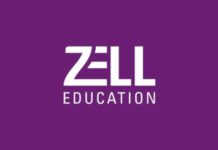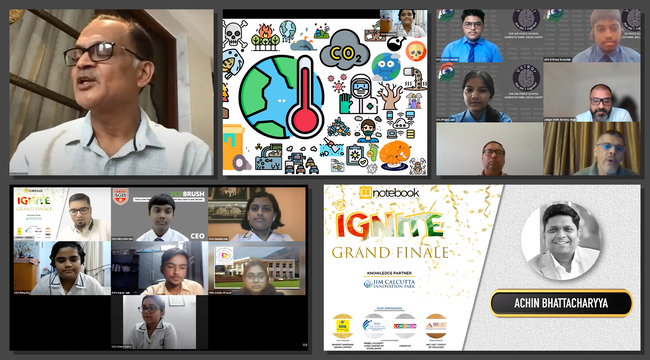XLRI has reached the topmost level 5 (Pioneering Business Schools) among the top 47 global Business Schools in Positive Impact Rating 2021
- Positive Impact rating 2021 captured the voice of students to define the positive impact of B-schools
- Today at the World Economic Forum in Lucerne-Burgenstock, Switzerland, the Second edition of the Positive Impact Rating 2021 results was launched
New Delhi, June 17, 2021: XLRI- Xavier School of Management, Jamshedpur has reached the topmost level 5 (Pioneering Business Schools) among 47 participating business schools located in four continents and 21 countries in the second edition of Positive Impact Rating 2021. Today at the World Economic Forum in Lucerne-Burgenstock, Switzerland, the Second edition of the Positive Impact Rating 2021 results was released.
XLRI is the only Business School in the world to have moved up from Level 3 (progressing schools) to the topmost Level 5(Pioneering Business Schools) within a year.
Antonio Haulte, Executive Director, UN Global Compact Switzerland, Zurich Switzerland said ”Business can be a force for good, and this is strengthened by students who are the next generation of business leaders. The PIR supports business schools to prioritize responsible management education – UN Global Compact and PRME principles strongly support these ambitions.”
The Positive Impact Rating (PIR) is a rating by students and for students, measuring the positive impact of business schools and how business schools contribute to solving societal challenges by energizing the school and its culture. It addresses the larger role of business schools, the positive impact of business schools beyond their contribution to business and the economy. It contributes as a lever of change for transformation in business schools.
Fr. Paul. Fernandes, S.J Director, XLRI – Xavier School of Management, Jamshedpur commented, “We are delighted to note that XLRI has attained the topmost level 5 (Pioneering Business Schools) among 47 leading Global Business Schools in the second edition of Positive Impact Report 2021. Positive Impact Rating guides business schools from being the best in the world to striving to be the best for the world. For over seven decades, XLRI has steadfastly held on to its mission of proffering world-class education and ethics-driven teaching while nurturing responsible global leaders for the greater common good and a sustainable future. The PIR rating inspires us to work more diligently towards attaining our Vision and Mission.”
“The millennial B-School students across the world have got a unique opportunity to evaluate their own business schools on how it is solving societal and sustainable challenges, and how they perceive their institution’s positive impact on the community and society at large. This marks a paradigm shift towards fostering a collaborative ecosystem and making the process of management education more meaningful and serve as a tool for continually improving the business schools, especially in a world that is still suffering as a consequence of the COVID-19 Pandemic”. He added.
What students want!
Students provided an incredible wealth of constructive comments on how their schools can increase their positive impact. Students are very clear in what they want their schools to STOP doing: 1. Teaching outdated theories and models of economics and business; 2. Using single-use plastics on campus; 3. Employing staff with no knowledge, experience, or passion in sustainability; 4. Unsustainable food and catering services on campus; 5. Practices that continue to create waste; 6. Offering degrees without mandatory sustainability courses.
There is also a consensus on what they want their schools to START doing: 1. Putting sustainability at the core of teaching economics and business; 2. Providing practical sustainability competencies; 3. Engaging with NPOs for courses, projects, and career options; 4. Creating social impact initiatives with local and global communities; 5. Empowering and supporting students to act for sustainability; 6. Educating all b-school staff in sustainability topics
“While traditional business school rankings in India and abroad have not shown significant engagement in integrating sustainability and social impact, the PIR has a clear focus on the social impact of business schools. The Covid-19 Pandemic is an inflection point for B-Schools. Business schools have to re-orient and re-invent themselves to the new reality and step up their role as positive change agents in addition to their traditional role of supporting business and the economy,” added Sunil Varughese, Chief Brand & Sustainability Officer at XLRI – Xavier School of Management.
Corporate Comm India (CCI Newswire)


































